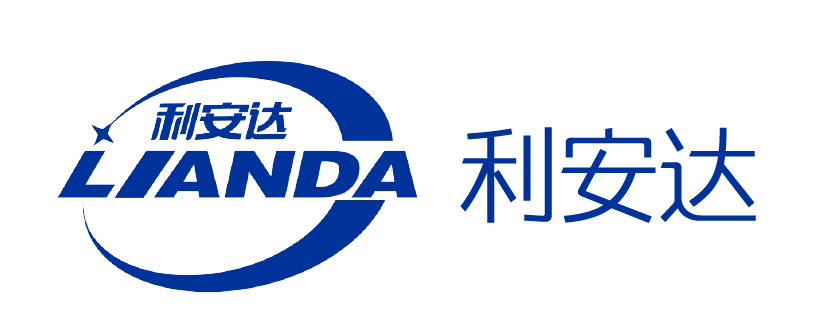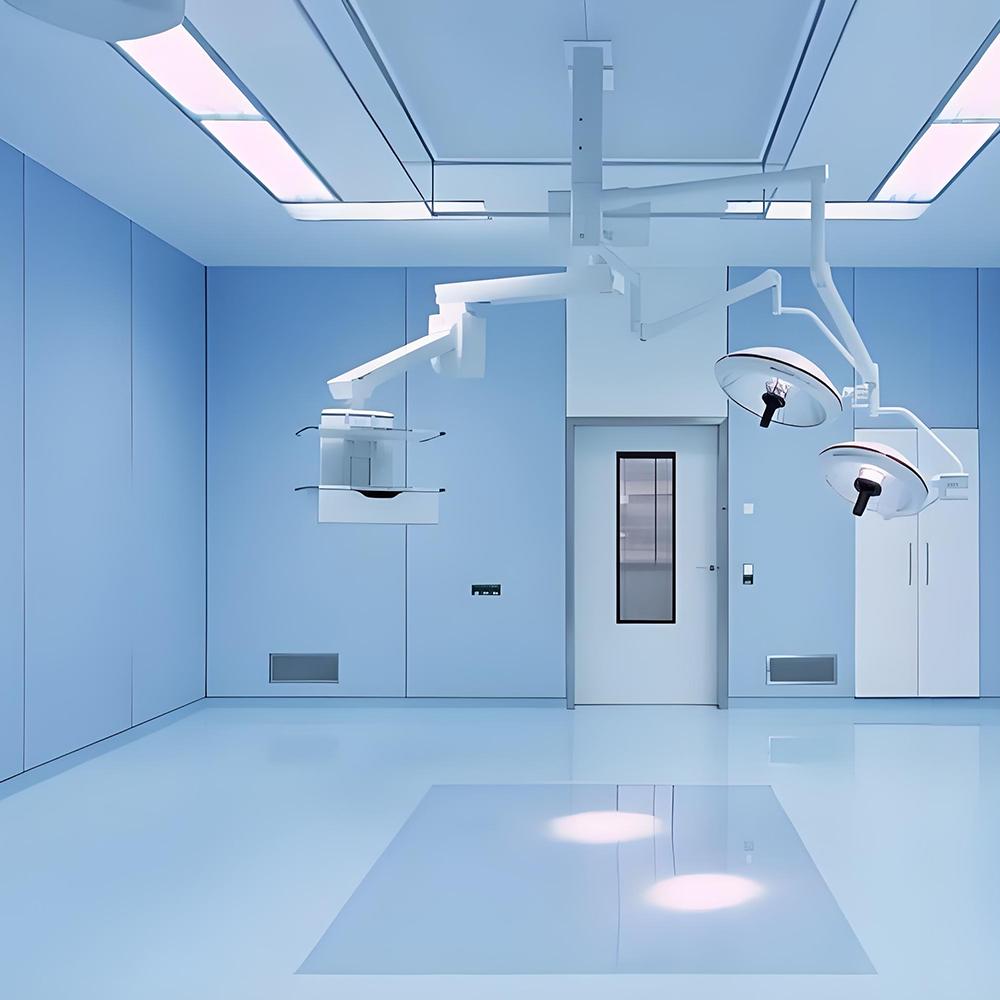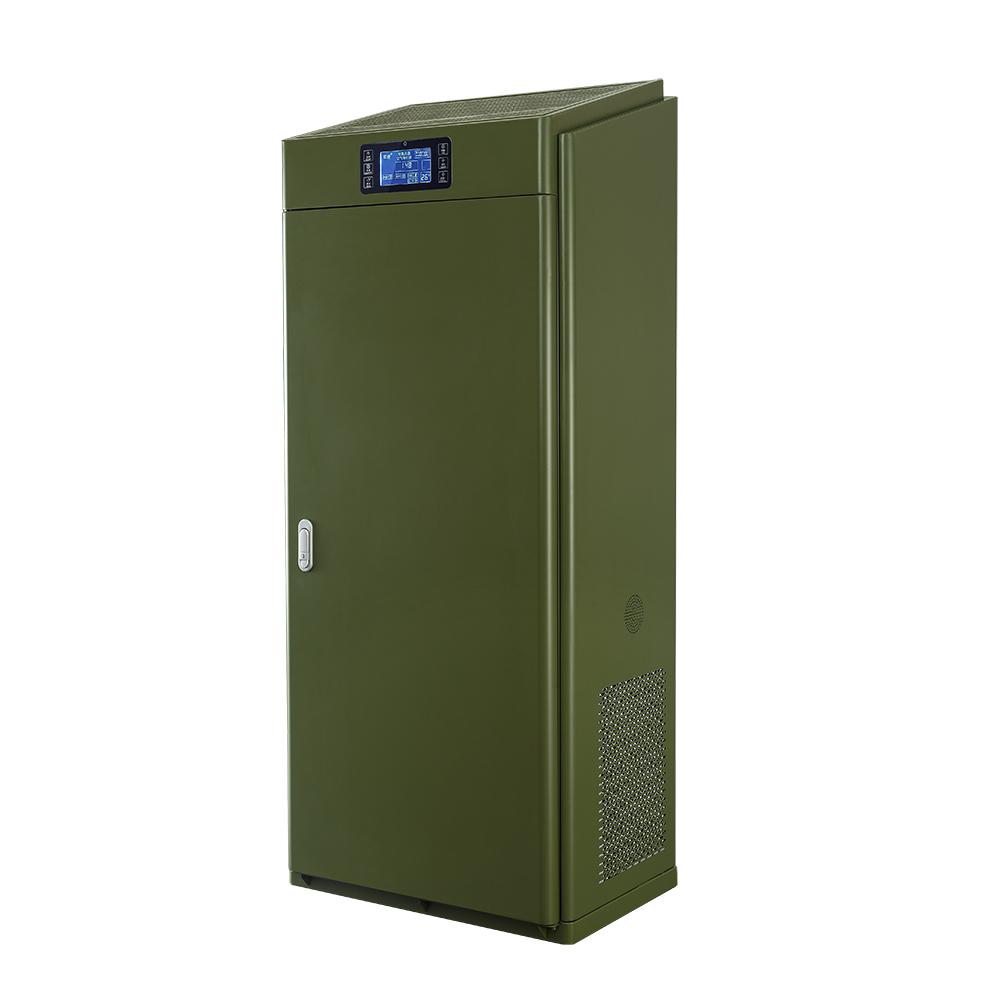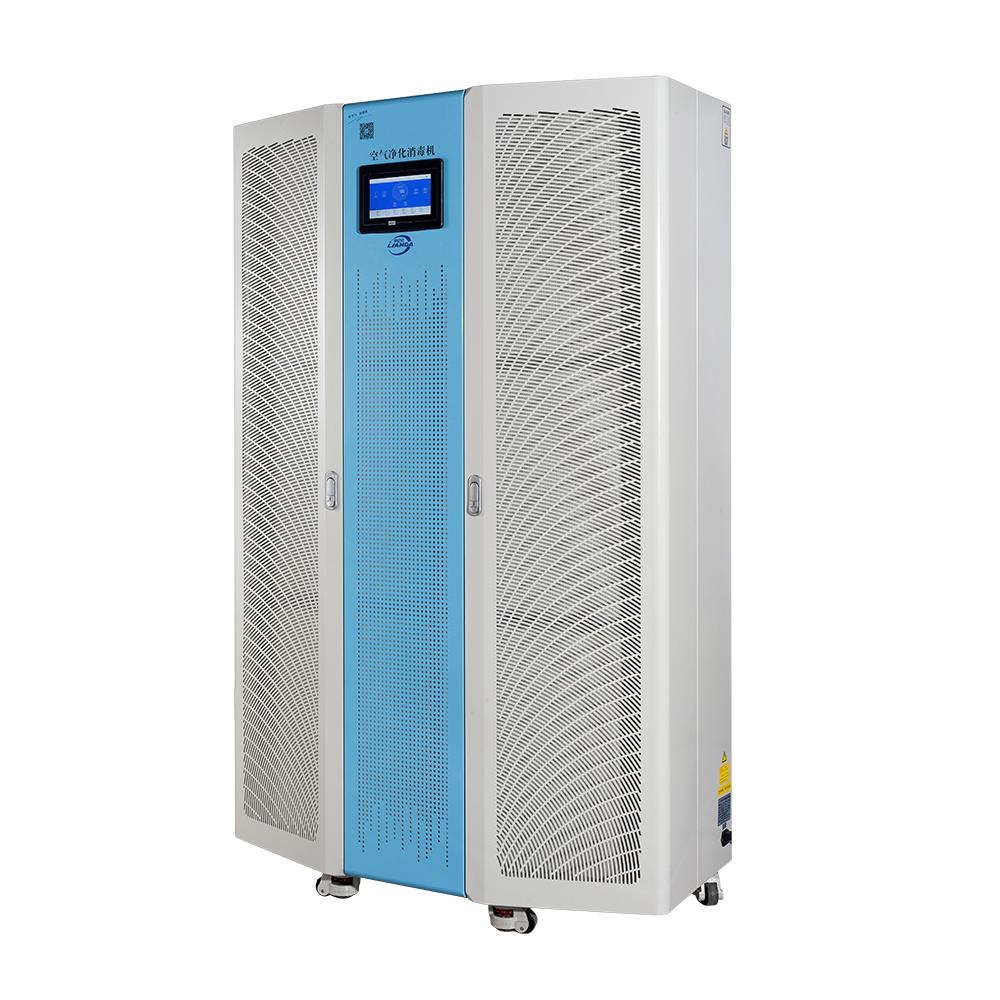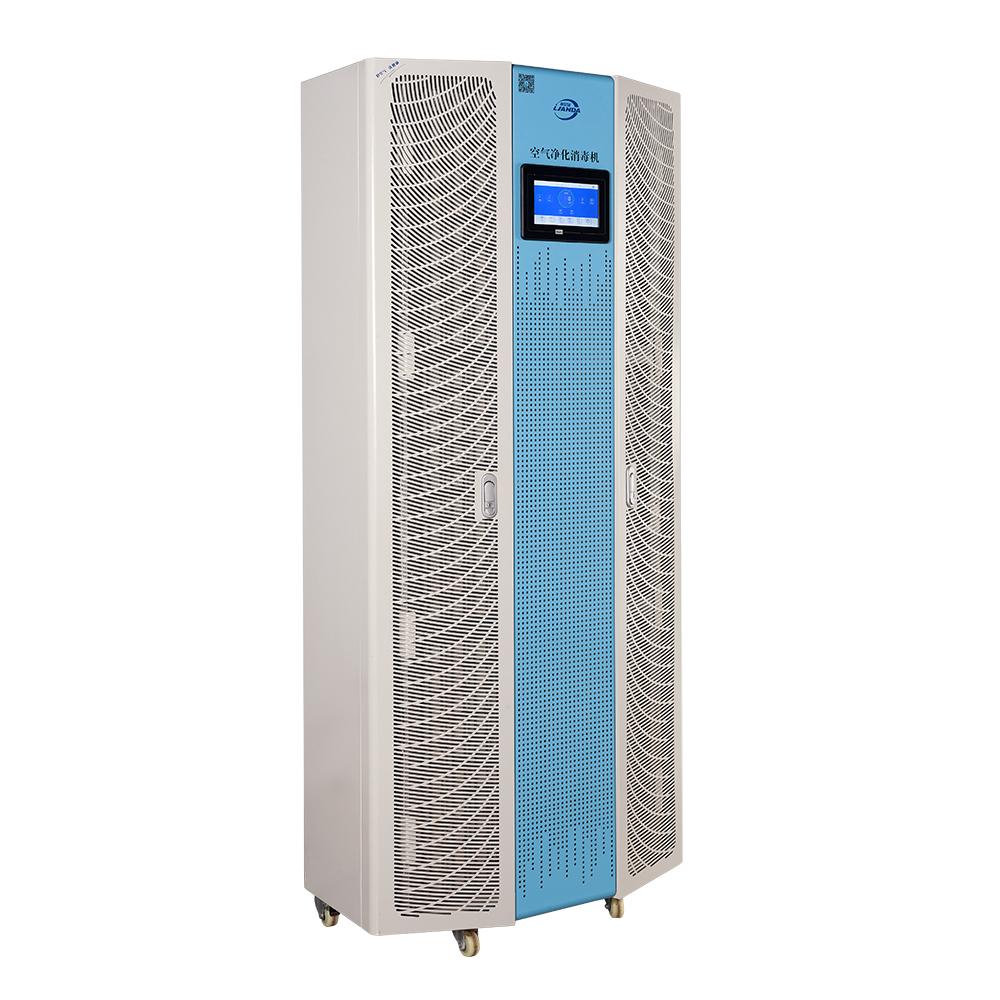Why the export of air purification products faces various difficulties
With the increasing global attention to air quality, the demand for air purification products has increased dramatically, and many countries are actively developing this field. However, despite the broad market prospects, the export of air purification products still faces multiple difficulties. The following are some of the main factors.
1. Technical standards and certification
Different countries and regions have different technical standards and certification requirements for air purification products. For example, the European market usually requires CE certification, while the United States requires UL certification and EPA registration. These standards not only involve product performance, but also safety, environmental protection and other requirements. When entering the international market, companies need to invest a lot of manpower and material resources to ensure compliance with these standards, which undoubtedly increases the difficulty and cost of exporting.
2. Fierce market competition
With the rapid development of the air purification product market, competition has become increasingly fierce. Companies in many countries and regions have invested in this field, especially in China, the United States and Europe, and a huge competitive landscape has been formed. Under such circumstances, export companies not only have to face competition from local brands, but also have to compete with internationally renowned brands, which makes new entrants face greater challenges.
3. Logistics and supply chain issues
International trade requires efficient logistics support, and logistics and transportation face many challenges around the world, including rising transportation costs, insufficient capacity, and cumbersome customs procedures. In addition, the slow recovery of the global supply chain after the epidemic has made it more difficult to purchase raw materials and parts, which further affects the production and delivery of air purification products.
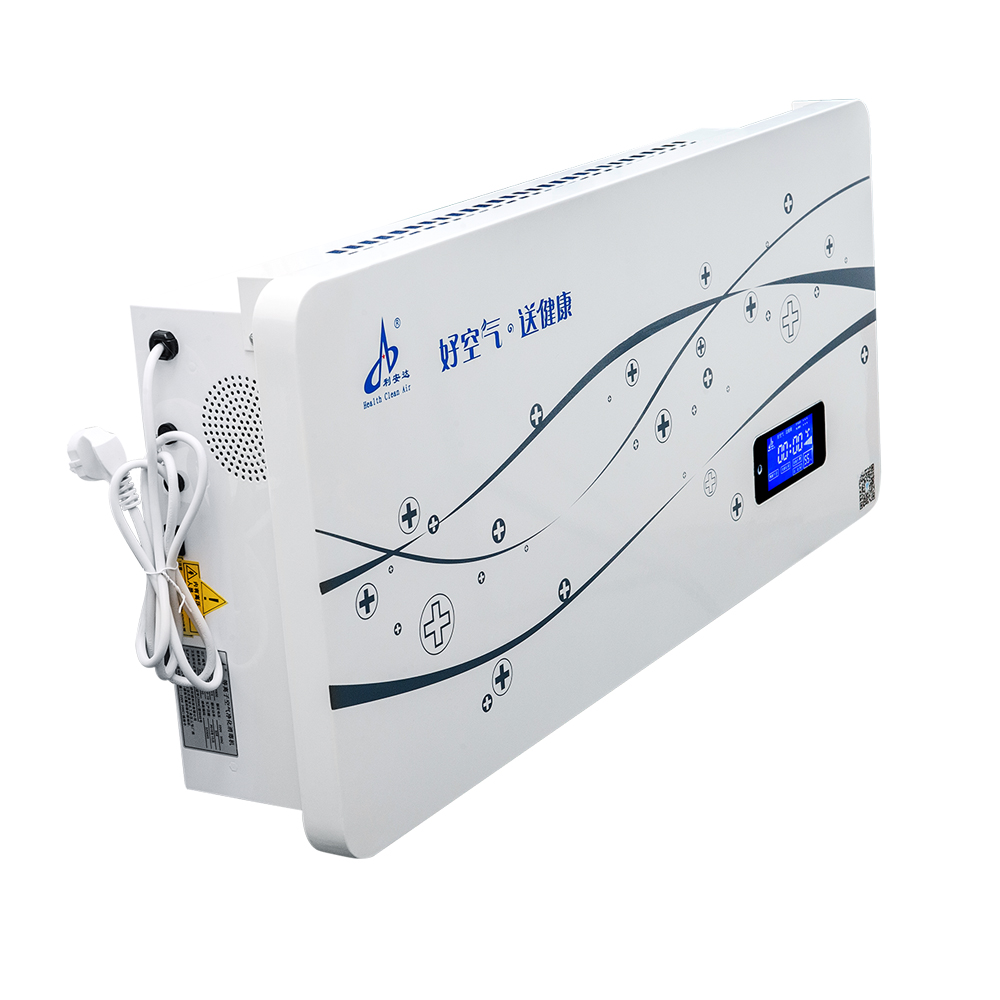
4. Market awareness and cultural differences
Different countries have different perceptions and levels of attention to air quality. In some countries, consumers' demand for air purification products has not yet formed, while in other countries, consumers may have different preferences for product performance, brand awareness, and price sensitivity. This cultural difference requires companies to adjust their product positioning and marketing strategies, increasing the complexity of market promotion.
5. Policies and trade barriers
Some countries may protect their domestic companies through trade barriers, including high tariffs and non-tariff barriers. These policies directly increase the entry cost of foreign products and dampen the enthusiasm for exports. At the same time, the requirements of various countries in terms of environmental protection regulations may also affect the design and function of products, which may lead to a decline in the competitiveness of companies in the international market in the long run.
6. High R&D investment and technical barriers
The R&D of air purification products requires a high level of technical accumulation and capital investment. Many companies have relatively low technical levels in this field and lack core competitiveness. In addition, advanced air purification technologies are usually monopolized by some large companies, resulting in huge pressure on small and medium-sized enterprises to catch up with technology.
Against the backdrop of increasing global attention to air quality, the export market for air purification products has great potential. However, factors such as technical standards, market competition, logistics issues, cultural differences, policy barriers, and technological investment all affect the development of this market to varying degrees. If companies want to gain a foothold in the international market, they need to continue to innovate, improve product quality, adapt to market demand, and strengthen research and understanding of target markets to meet various challenges.
